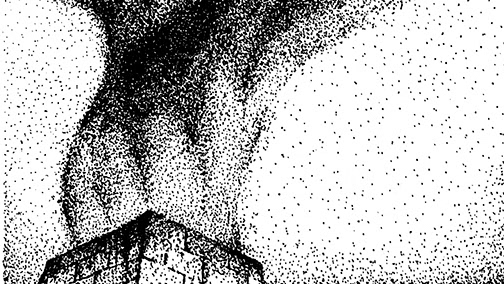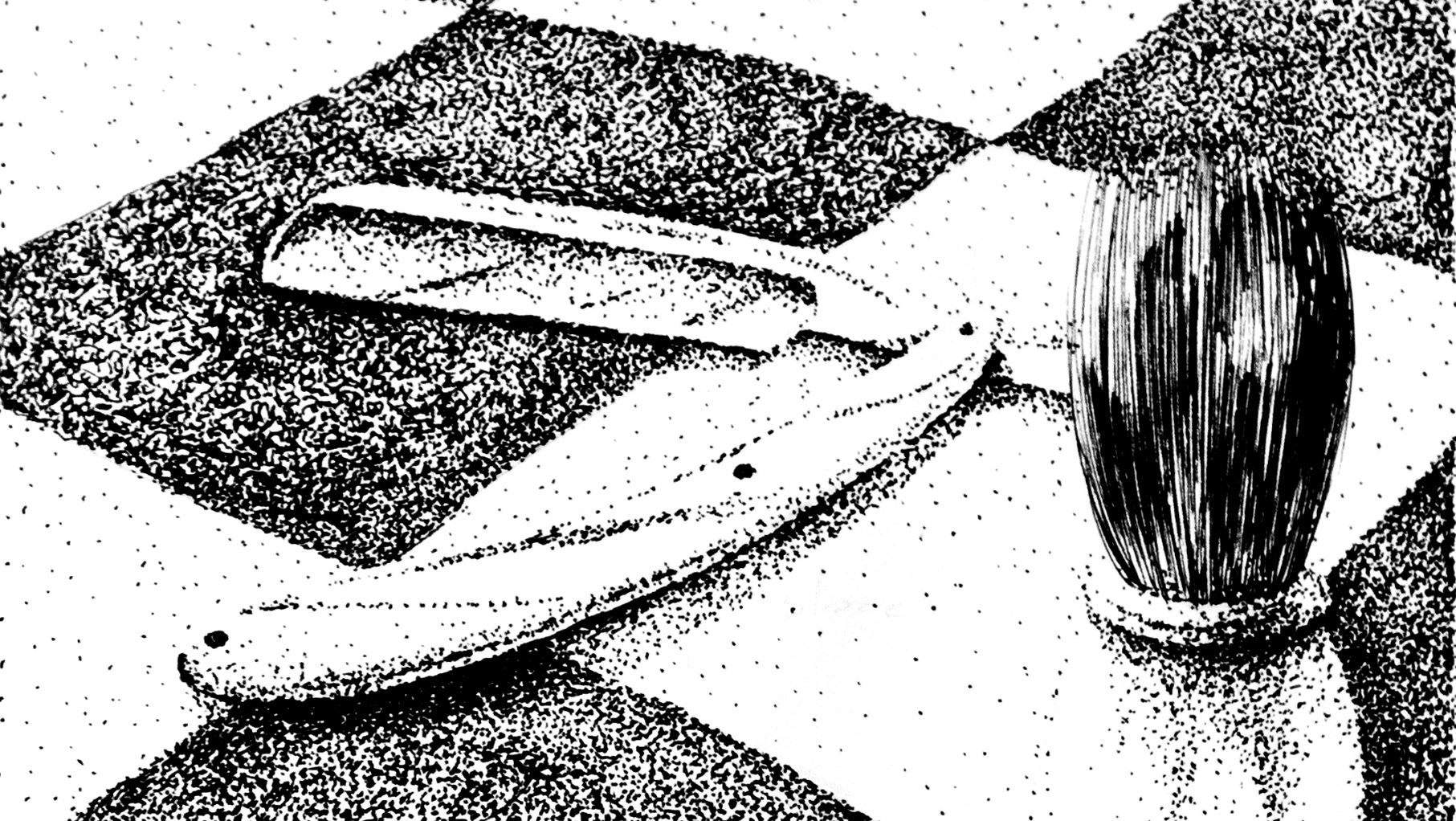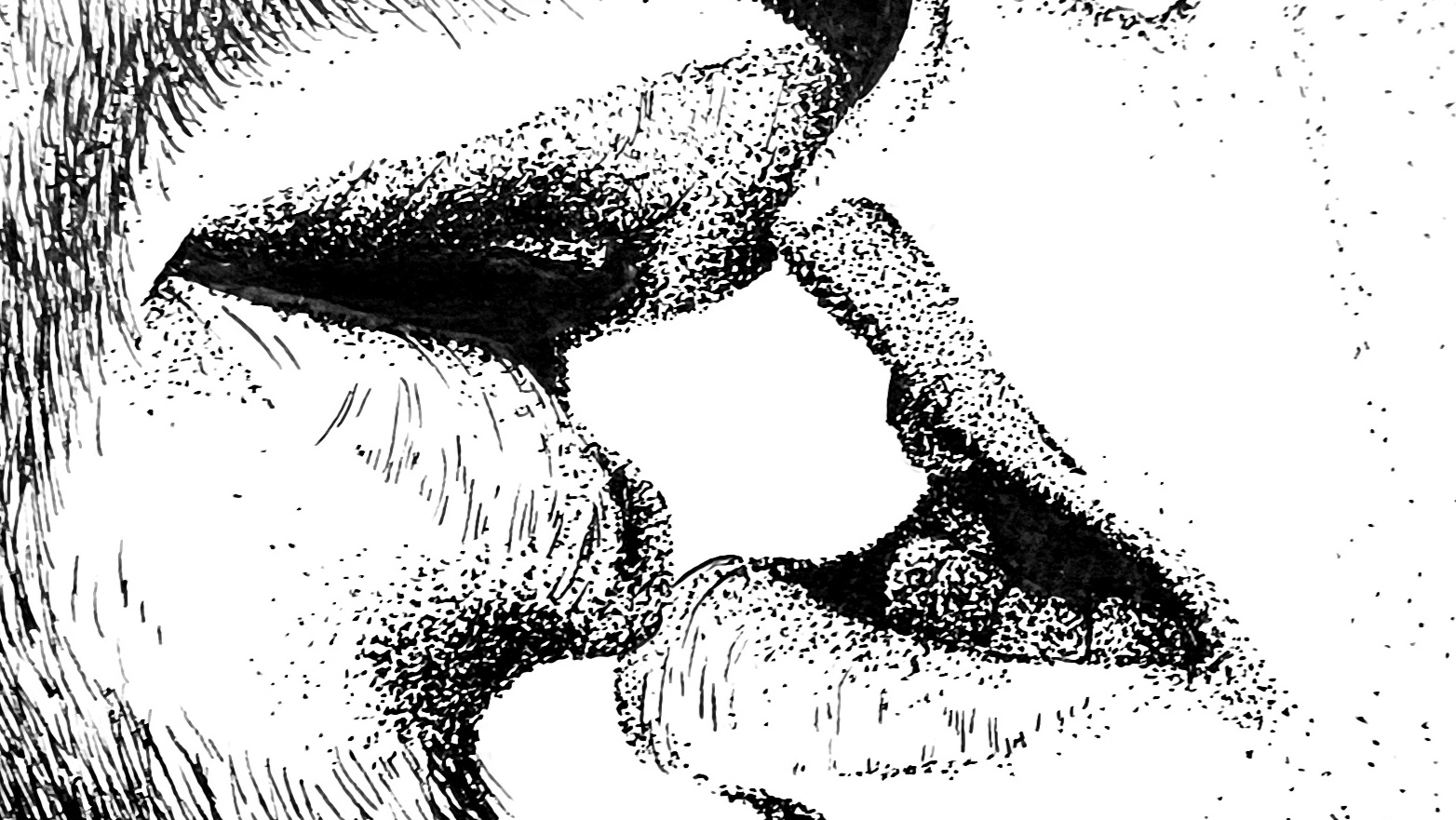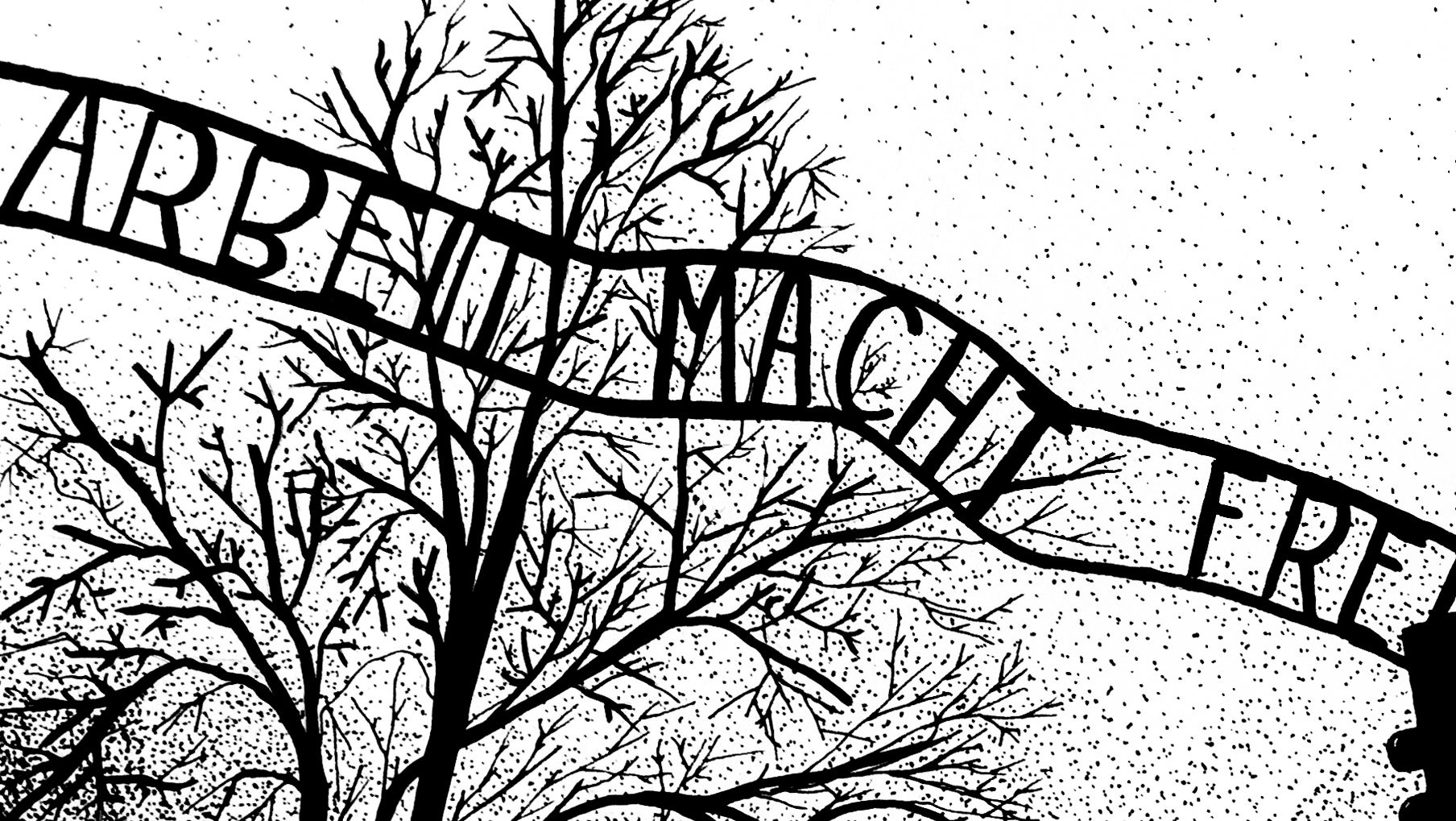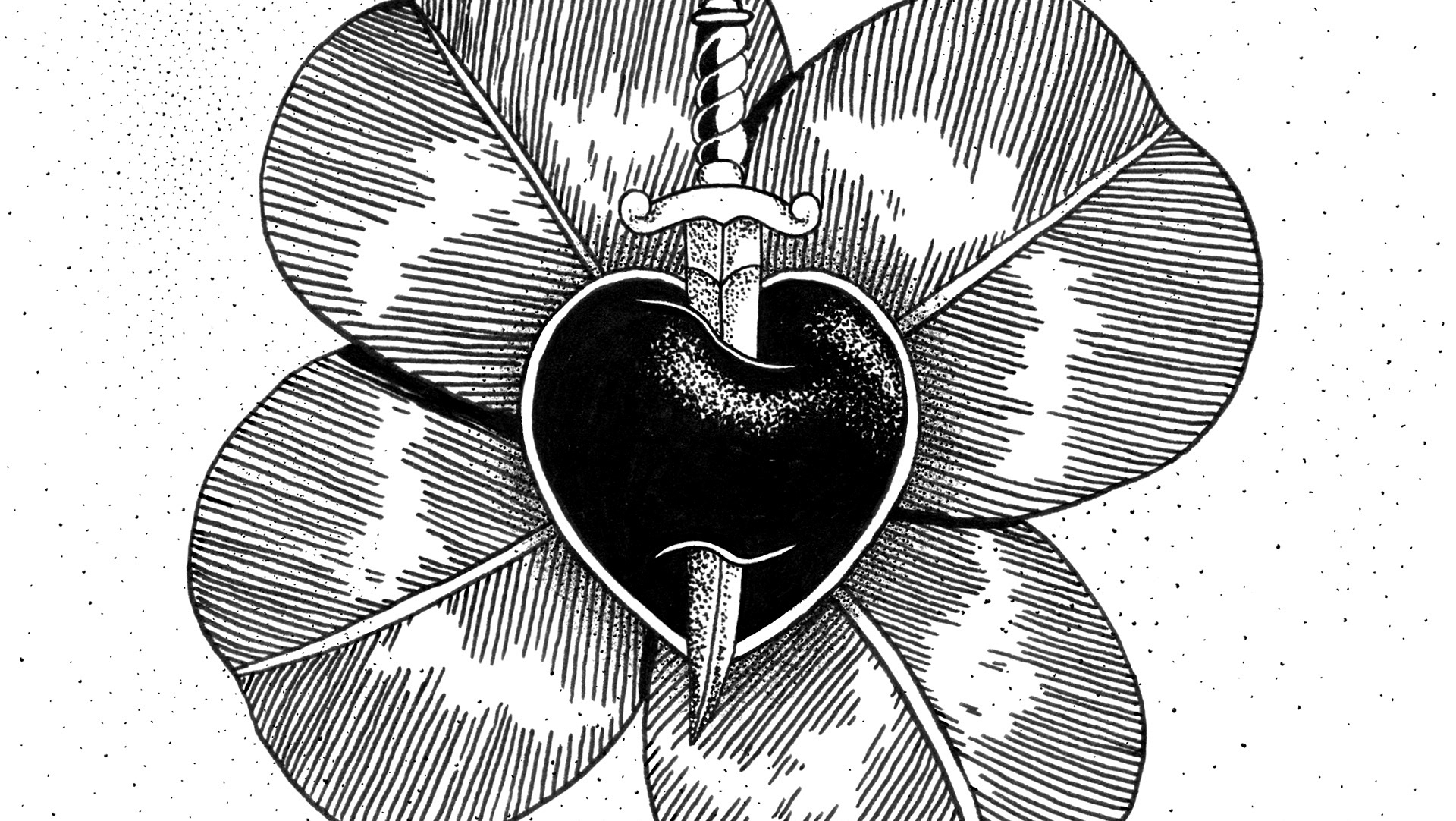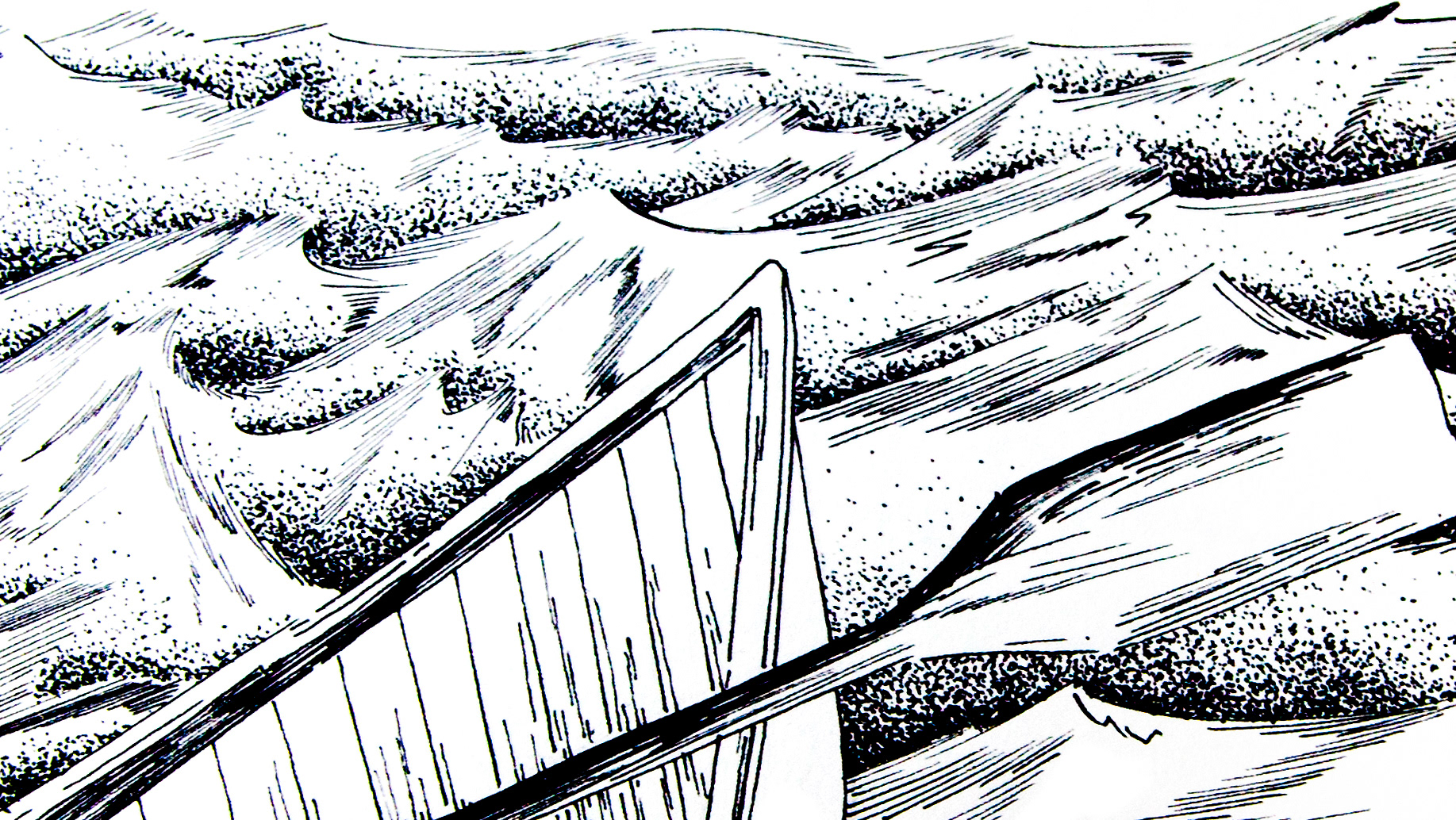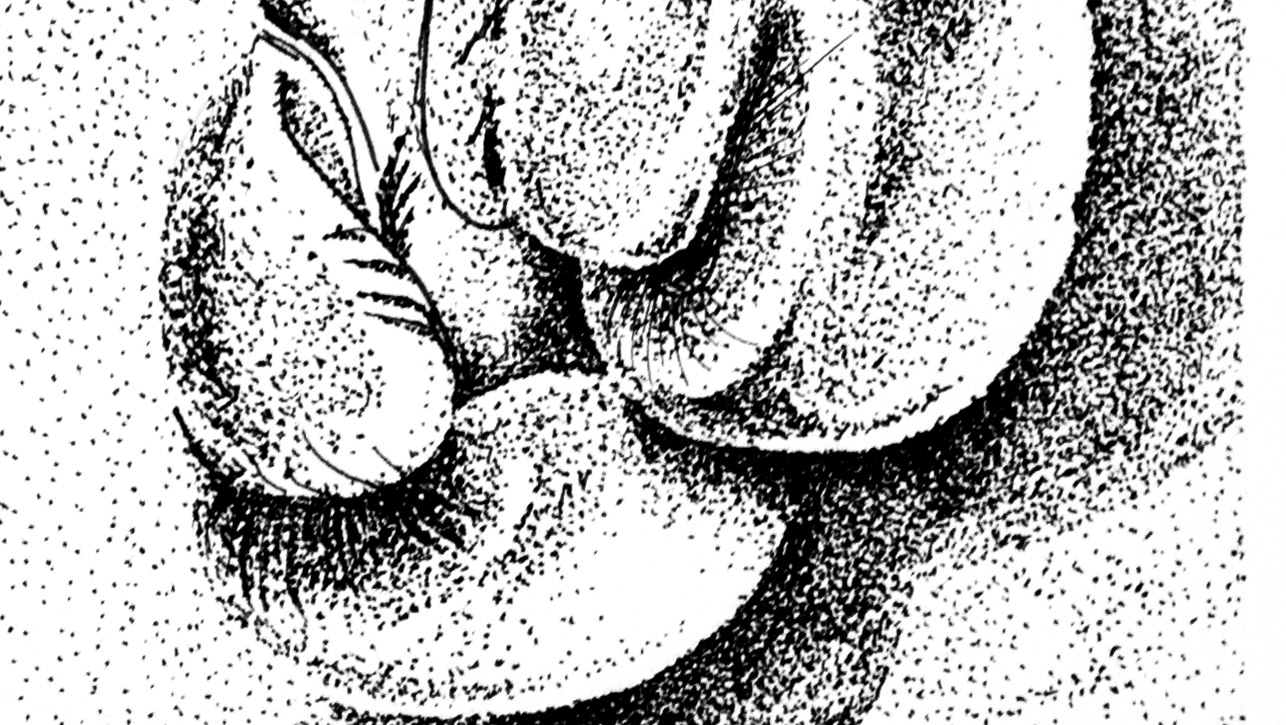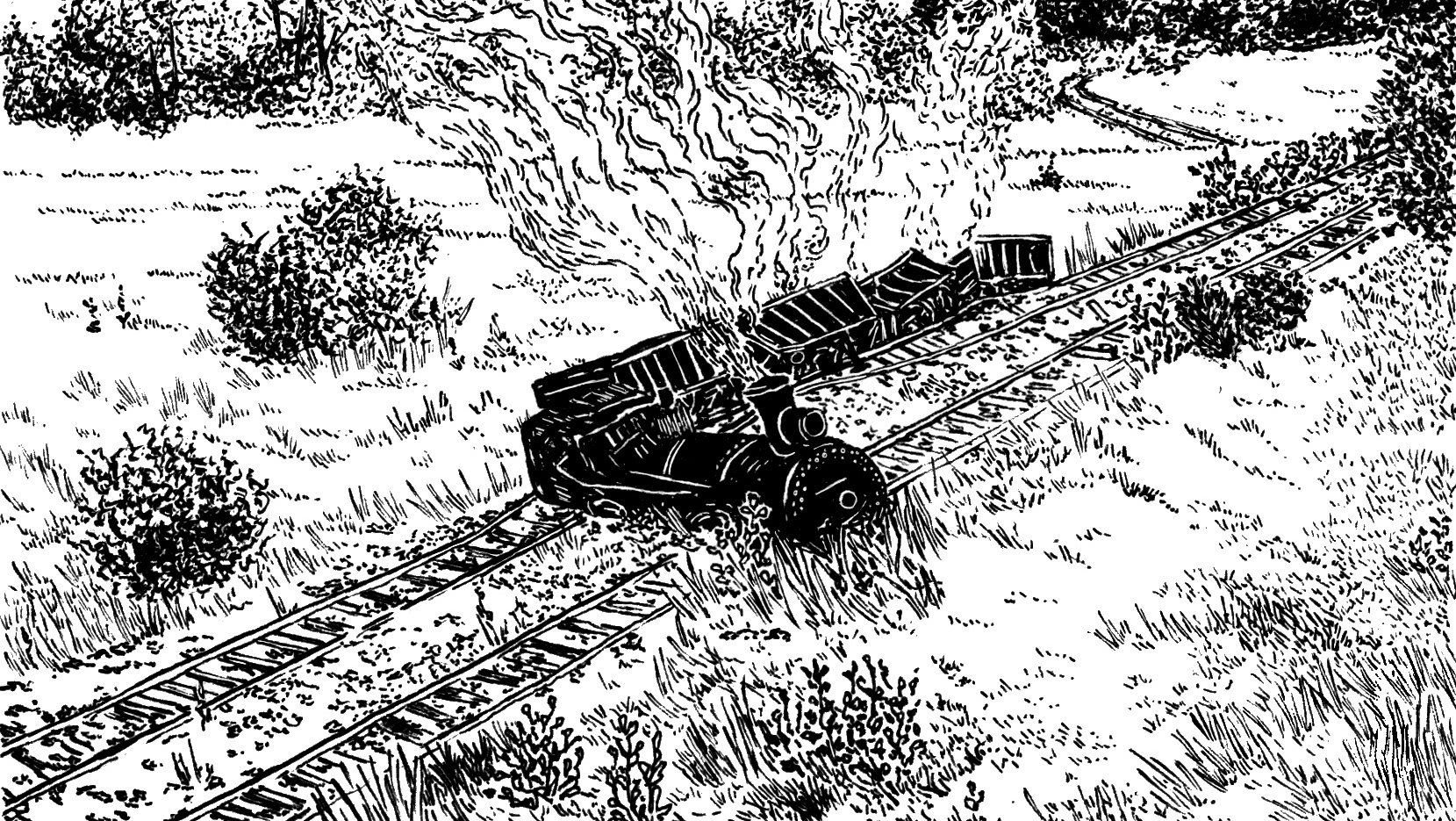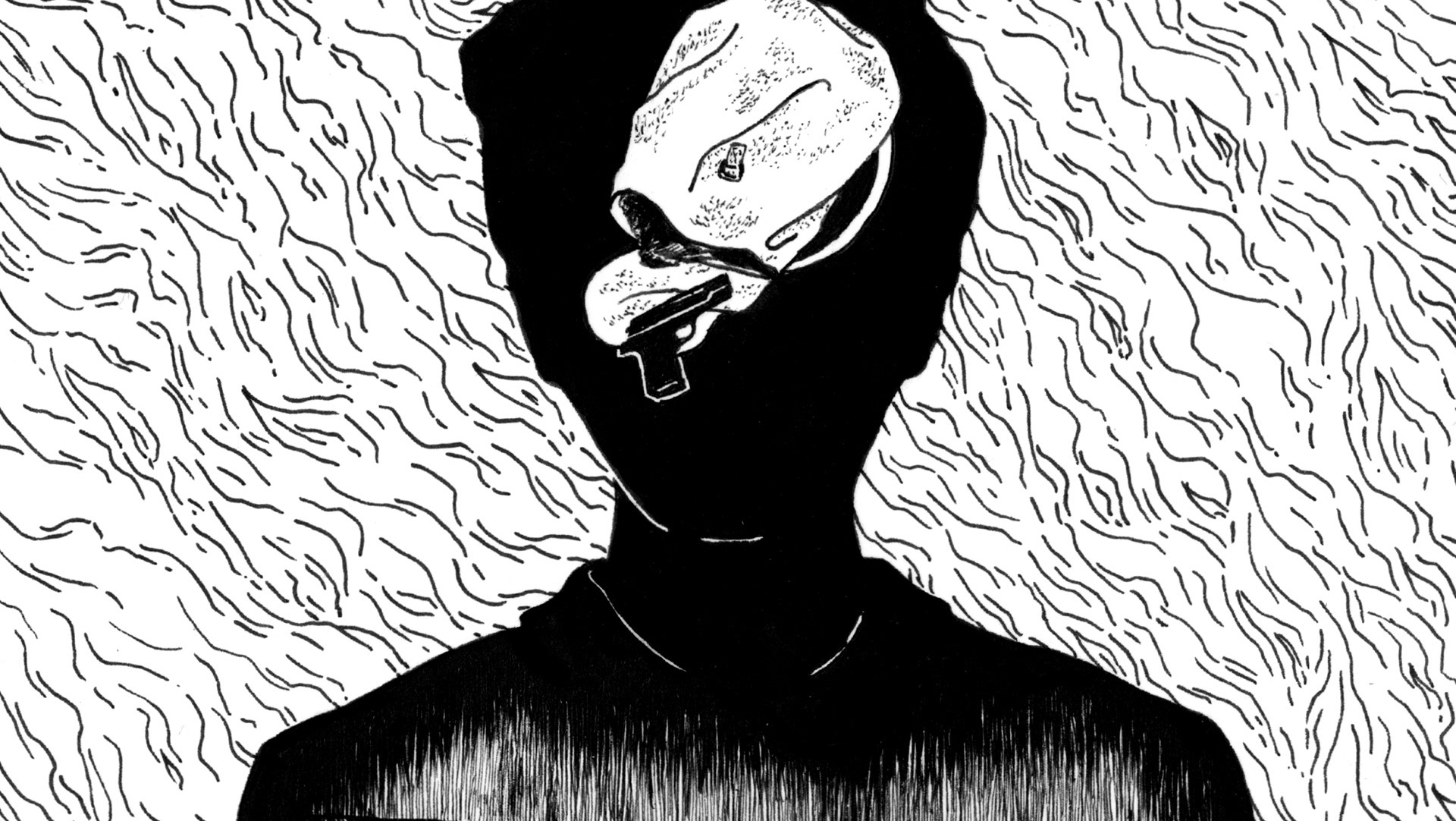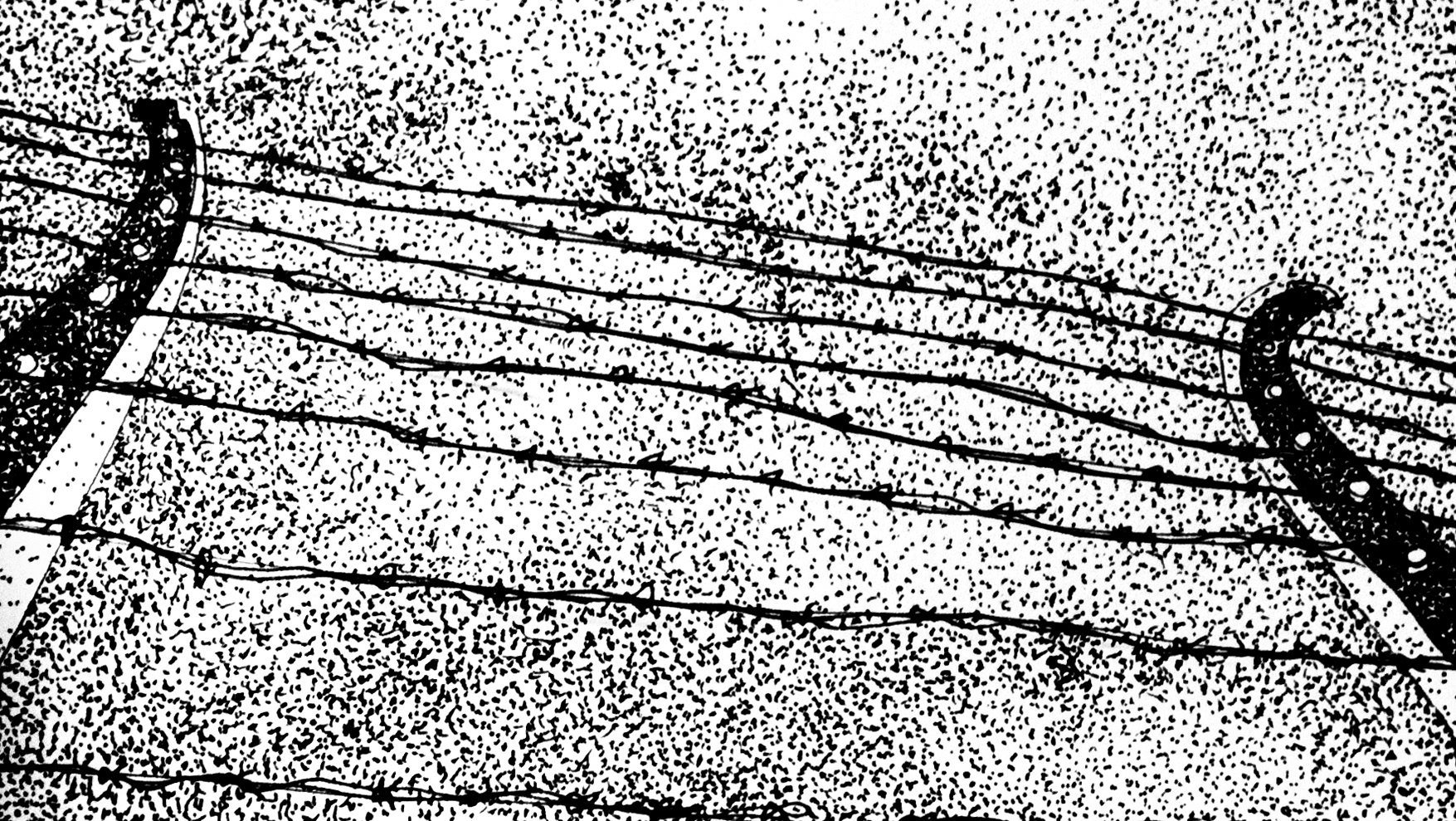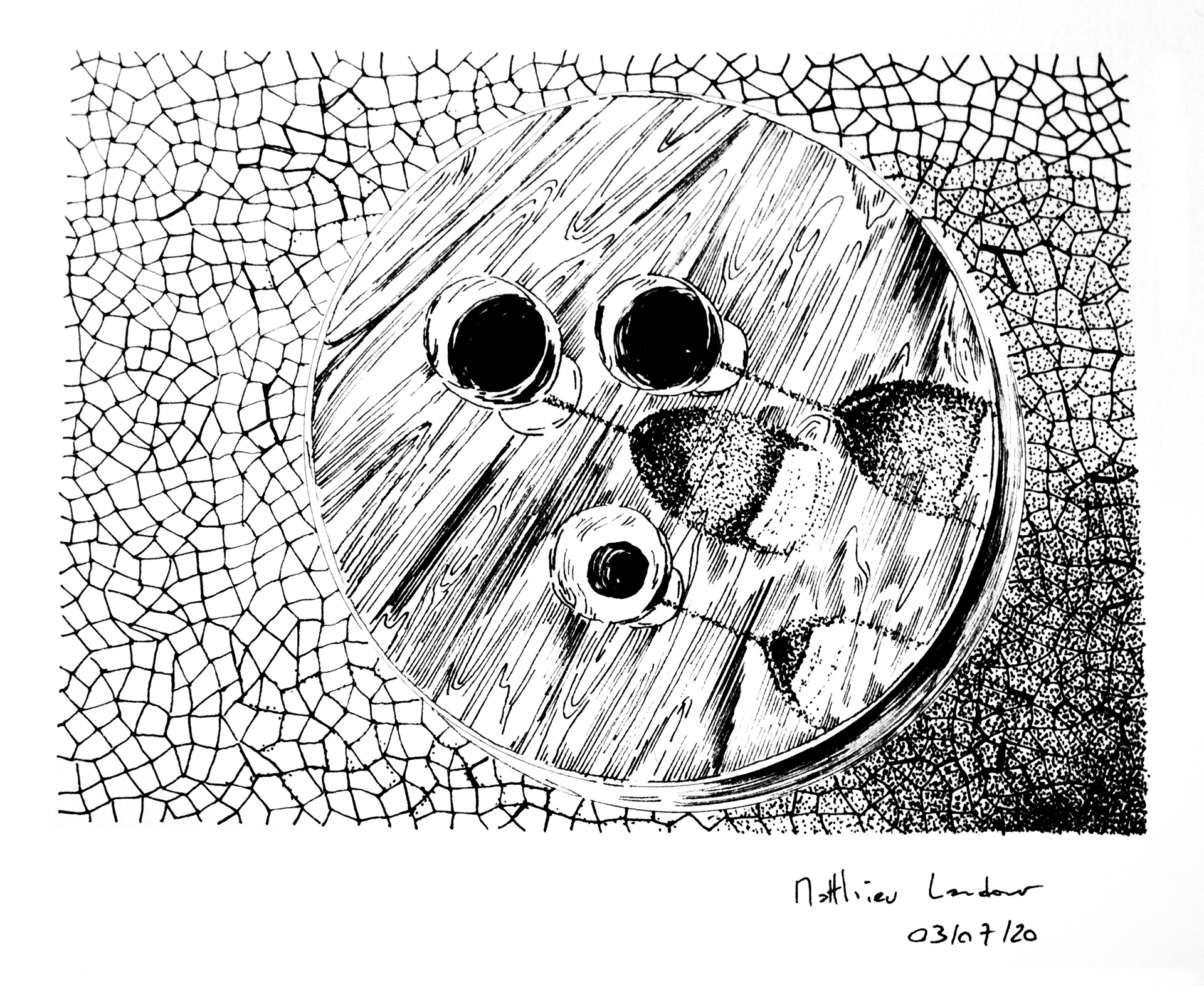
after hours drinks
Friends are important, aren't they? You spend time with them, good times, you talk. You don't have to agree with friends about everything, you'd expect to disagree actually. You don't have to talk about everything either, like politics for example.
Today is the 27th of June 1941, Rene Cronier is brought to the Matignon Hotel in Paris by bus. This is where the french government used to be,before everything changed, before the german army crushed the french. Now the government is hundreds of kilometers away and it is a place to transit prisoners. The whole operation is easily dealt with, the police commissioner escorting the busses signs a few documents, just a few documents bearing no meaning to him. yet this changes everything to Rene Cronier and 87 other prisoners. From the Aincourt center, a place run by the french authorities, they are now officially given to the german authorities. With the surprise attack against Soviet Union, a new step was crossed, and the french communists represented a danger that the german authorities took very seriously.
Back in August 1940, Rene was done with it all. Done with being a soldier, done with this war, this phoney war as it was called. That wasn’t phoney, or funny at all to Rene.
Rene didn't fight, he stayed in a position which needed no holding, he waited for an enemy that never came. The french intelligence had been sure that, just like World War One, Germany would attempt to cross the french border through east, this was the only area where tanks could navigate. So a grand line of defense was built, the Maginot line.
The german soldier simply built better tanks and went around it. So the french army waited, eyes facing the other side of the Maginot line, without realising the germans were already behind.
They entered Neuilly, Rene's hometown near Paris, on the 13th of June, they entered Paris on the 14th of June. It was a shock, in barely 2 weeks, France jus lost the war.
Back to the present, 3 days later, we are now the 30th of June 1941. it isn’t too hot nor too cold, it’s one of those grey days you would prefer to skip. Rene has no choice, the tansfer goes on. The prisoners didn’t stay in Matignon very long, they were then sent to the Romainville fort and now they are headed to the Bourget train station.
The train ride at Le Bourget is uncomfortable, everyone feels packed in the wagon, you can barely sit down, but at least it isn't long. The train stops at Compiegne. Rene has never been to Compiegne, he wonders if it's nice, if he'll ever go on a weekend trip with the family one day. Everyone steps down, the Wehrmacht soldiers shout, and now they walk through the city. Yes, the situation has changed a great deal, there are no more french soldiers or policemen, they are now surrounded by german uniforms.
A year earlier, in August 1940, Rene came back to his wife Gabriele and daughter Mireille. Nothing had happened to them, it was time to start all over again, under german rule this time. No army, no communist party, none of this anymore. He took his job back as an accountant, and went back to see his two drinking buddies. They were such good company, no need to impress them, they could talk about anything easily. His first friend was a policeman, but they rarely talked about their respective jobs. His second friend, he actually had no idea what he was doing, and he didn't really want to ask. Maybe sitting at the terrace of the bar was his job, who knows?
Those looking at him, Rene could feel them, so could he hear the whispers around him. If France lost the conflict, it was because of men like him, the communists, the downers, the anti wars. He probably didn't fight, and if he did, it wasn't enough. There were gossips like those about him, constantly. Yet he was mobilised for an entire year, how could he be the only bearer of the defeat? Rene tried to be above those gossips, he was here to enjoy a drink, not rumours of his supposed treachery..
René May have been done with his past, his past wasn't done with him. Called in by the police commissioner of Neuilly Plaisance, Rene had to explain his present and past ties with the French communist party. Rene explained himself, the past was in the past, Rene didn't have any more ties with the communists, he didn’t even have the beginning of a start of a conversation about the communist party, this was all over. This should have been enough, but the commissioner had doubts and during Vichy, doubts were sufficient.
On the 11th of March, a few communist leaflets laid on the pavement. Whoever was responsible was to pay, yet to the commissioner, anyone involved with the communist party was responsible. A quick glance at some files, and just like that, 4 names got picked to get arrested.
On the 13th of March, Gabrielle saw 2 policemen in the distance. She ran to Rene, she knew they were coming for her husband. She told him to jump the back garden fences and run away. Rene refused, he knew that if he did, they would have arrested Gabrielle, and there was no way he'd let that happen. So Rene kissed his wife and daughter and opened the door.
His friend was there, dressed for work, dressed for him. He wasn't there to have a drink, to discuss anything, he was there to arrest him. Rene smiled, his friend wasn't smiling, he wasn't expecting to see Rene, he didn't even know where he lived. They should have talked more, about personal matters, about politics, even, and this could maybe have been avoided.
Rene was sent directly to the Aincourt french camp, no trial, no letters, no visits, no nothing. As for his friend, the policeman, he never went back for an after work drink with his third friend, he could never have told him why Rene disappeared. The last man of the after work drinks circle kept on going for a while, ending up drinking by himself, until he eventually gave up.
Back to the present, Rene is walking down the street of Compiegne. A new camp is opening, the Royallieu camp, french ruled or with a german supervision, no one is sure.
Everyone feels observed by the inhabitants of Compiegne. But no one says a word, this is as ridiculous as it is awkward. Someone in the group shouts "There we are, look at us, french like you, sold by Petain! ", and someone else starts singing the french national anthem. Rene starts singing too, and quickly all the prisoners do the same.
This is powerful, Rene smiles as he sings, maybe he isn't done with it all. You can always make new friends, and after all, Rene will eventually get out of this camp, yes, Rene knows he will. It may feel like entering occupied France, for now, this camp, but Rene knows it won't last long.
Notes
Thank you for listening to the first episode of 31000/45000, the story of 2 trains of french members of the resistance. My name is Matthieu Landour Engel, I am a french person living in London.
3 years ago, I was given a book, Red triangles in Auschwitz, by Claudine Cardon Hamet, a phenomenal french historian, and I have decided to dedicate my time in telling the story of the 31000 and the 45000.
In every episode, I will tell you about a woman or a man, I will tell you one story about them.
This episode was about Rene Cronier, who lived in Neuilly, a city attached to Paris, where he was arrested , apparently by a policeman he knew closely, a friend he was having after hours drinks with. This I feel is an interesting point to make regarding France during the Second World War, the country was divided. Friends made different decisions, putting them in different situations, having to make difficult choices, in this case Rene was arrested by his own friend.
I will develop this further on a later episode, but communists in France back in 1940 were not in a good situation, the communists were partly blamed when Germany invaded France and won the war. They didn't fight hard enough, not as hard as the brave soldiers who won the First World War. This accusation was not based on anything, the french soldiers, communists or not, fought pretty much the same, the defeat of the french army was based on many different factors, the communists soldiers was not a very important factor. Yet the official position of the communist party was indeed to be against the french declaration of war against Germany after Germany invaded Poland, as there was a pact of nonaggression between Germany and Soviet Union, although not all the communists were in agreement with the pact and most of the communists were far from happy when France was occupied by the german troops.
The Maginot line was a long and absurd line of defence. it was named after a french minister of war, Andre Maginot, it was a line of fortifications constructed on the border between France and its western neighbours, except for Belgium. It was believed it wasn’t necessary to build defences between France and Belgium, as Belgium was a long time ally to France, also because it was believed that tanks could never cross the Ardennes forest, which was a natural border between France and Belgium. Despite warnings of some french generals, including a younger not yet General De Gaulle, the german army invaded France through Belgium, therefore the Maginot line was perfectly useless.
So why did France lose the war against Germany back in 1940? The Maginot line is not the only reason, far from it.
The french and British forces were superior in number, they had good material, the french b1 tanks were even stronger than the german tanks. The german army made a few mistakes along the way, so how come the french army lost so quickly?
There are a few reasons. Logistics plays a huge part in the defeat. The Allies were superior in number yet their means of communications were bad, even worse between the french and the british, whereas the german army had a very effective radio system, therefore they were quick to react. The french tanks may have been stronger yet they were spread out and needed to be refueled regularly so they would be quickly ineffective. On the contrary, the german tanks were very well resupplied, and the german army thought the conflict with tanks and aerial support where the french army still relied with horses, a few tanks and a little bit of aerial support, a first world war way of thinking.
More importantly, the german army had 2 very good ideas. The first was to attack through the Netherlands and belgium rather than the Maginot line. This plan worked so well that the german army pierced through the french border in several points, this plan worked so well that some divisions, like the Rommel division went as far as 50 kilometers into the french territory without meeting any strong resistance. Then the german army had a second idea. Rather than keeping on piercing through France and heading to Paris, which wasn't that far away, the german forces headed North in order to circle and trap the bulk of the french and british forces. This eventually lead to the Dunkirk exit of the british forces and the loss of countless lives and équipment. The french and british soldiers fought as well as they could, they actually fought incredibly well in some areas, yet at this point the british army was retreating, and the french government very much discouraged.
I am putting a very interesting link below, detailing the weeks of France’s invasion by the german army, the defense of the country as well as the Dunkirk exit.
Regarding Rene Cronier, I know he was a soldier, and I know he was called during the war, yet I don't know if Rene was stationed near the Maginot Line, he could have been someplace else.
It is known that Rene Cronier was brought in before a prefect to mention his communist past, that he was arrested by a policeman friend he used to have after hours drinks with, that Rene's wife advised him to run away when the police came to arrest him, that Rene prefered to stay as running away could have meant his wife's arrestation. How Rene felt during those events is speculation on my part, little is known.
I also mentioned that Rene Cronier was one of the early prisoner of the Royallieu camp near the city of Compiegne, East of Paris. The camp was indeed an internment camp, a fully german run camp within the french territory, and quite possibly the only fully german run camp. 70% of the prisoners were political prisoners, 12% jewish. Like the Drancy camp, Royallieu soon became a place of transit, for prisoners to be deported to eastern Europe. I will explain this further in a later episode.
I have been trying to find Rene Cronier’s relatives, unfortunately, my research was unsuccessful. If by any chance, you know of someone related to Rene Cronier, or his grandson Michel Tricot, please let me know, I would be very pleased to get in touch with him and make sure the text I wrote doesn’t contain any errors.
Sources for this story are the website deportes-politiques-auschwitz.fr, the memoire Vive website, as well as Red Triangles for Auschwitz, a book by Claudine cardon Hamet, and wikipedia.
Thank you for your attention, next episode will be about Christophe Le Meur.
